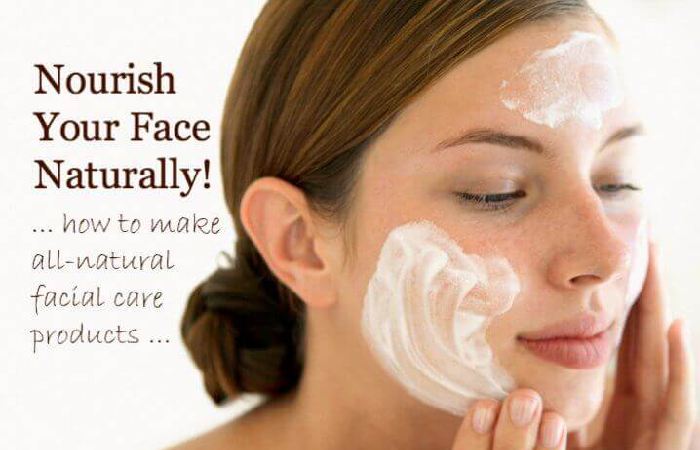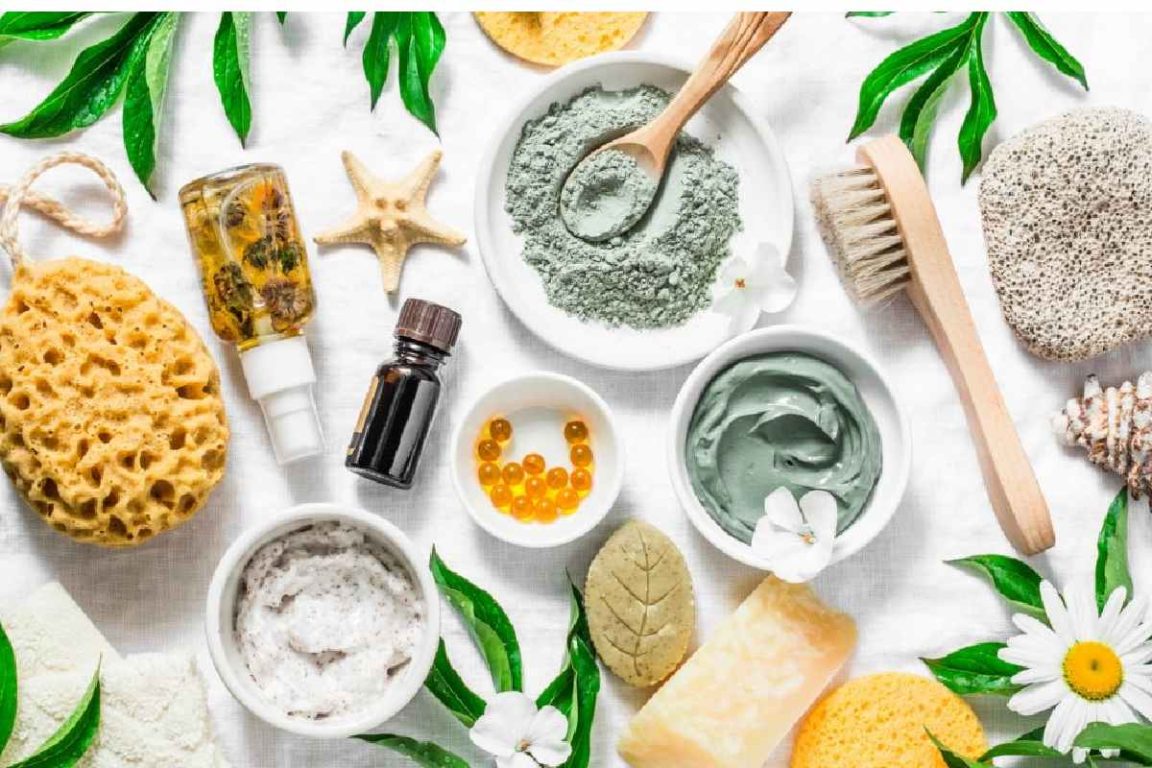Natural Beauty Products – It seems like everyone is all about sheer beauty right now. You can notice it on social media, where influencers claim that the natural look makes their skin look better than ever. You can see this on store shelves, where countless products are sold next to pictures of beautiful plants and used as “non-toxic.” The natural skin care market remains expected to double to nearly $12.27 billion between 2021 and 2030, according to a 2022 market study by Brainy Insights.
The problem is that the term “natural” is quite vague. “There is no formal system that regulates ‘natural’ or the legal definition of what the term means,” says Marisa Garshick. He is an M.D., a board-certified dermatologist, and a junior clinical dermatology lecturer at Weill Cornell Medicine besides NewYork-Presbyterian Medical Center in New York City. “It gets complicated for consumers because companies can claim that a product is natural instead of it contains ingredients that are not so natural,” he says.
Natural Beauty Products – What You Get When You Go for ‘Natural’ Skincare?

The terms “non-toxic” or “natural” often imply that the product doesn’t contain synthetic chemicals that can remain linked to health problems or that many people are irritated (or both). Declares Jennifer Chwalek, MD, a board-certified dermatologist at Union Square Laser Dermatology in New York. She says these chemicals can include fragrances, dyes, and certain preservatives, such as parabens. But that’s more of a consumer observation than a promise.
“Natural” or “organic” does not guarantee the product is well, safer, or better for your skin. “Those terms don’t mean hypoallergenic,” says dermatologist Rebecca Kazin. She is an M.D. and assistant professor of de at Johns Hopkins Medicine in Baltimore. (The “hypoallergenic” label indicates that the product is less likely to cause an allergic reaction, rendering to the united states Food and Drug Administration [FDA].) Moreover, natural products won’t automatically fix your skin if you have sensitive skin. Alas. “If a patient has a skin problem, I can suggest that they try a product where I know what the ingredients are that they shouldn’t react to,” says Dr. Casino.
After all, plant-based ingredients irritate all the time, says Dr. Garshick. A classic example is poison ivy. While no one makes poison ivy cream, natural products often contain essential oils that can cause a parallel skin reaction. Two common offenders: limonene and bitter orange, says Dr. Cheers. And she adds that bergamot is an oil that can make skin more sensitive to the sun.
Natural Beauty Products – But Do Skincare Ingredients Get Under Your Skin?
Another critical question is whether the ingredients in skin care products, “natural” or not, are getting into your body. “Many of these molecules [in skin care ingredients] are too large to penetrate the skin. But science is getting smarter and finding ways to trick the skin into allowing more and improving efficiency,” says Kazin. One advantage is that this may ultimately allow for a lower concentration of the active ingredient.
On the other hand, clean beauty advocates say particles penetrating the skin can cause some systemic damage. While the FDA says some problematic ingredients, including phthalates and parabens, are safe, research points to them as potential endocrine disruptors or chemicals that affect your hormones and may raise your risk of cancer or fertility problems. Environmental Working Group (EWG). It is common to hear people talk about how these ingredients are illegal in Europe. The European Union has banned using five parabens, although it allows small quantities of certain parabens. Regulators in the United States presently allow 20 parabens or paraben-like chemicals.
More Questions About Ingredients in Skin Care Products
While there may be genuine reasons for concern, many unknowns exist about the chemicals used in skincare ingredients. “The question is, at what concentration or level of exposure to these chemicals become a problem?” says Chwalek. Many of these studies have remained done in rodents exposed to much higher concentrations than usual, so more research is needed, Garshick says. There’s also the issue that these ingredients remain used in various other products (including food). So there’s the question of how these ingredients fit into the bigger picture of overall exposure
Regrettably, we don’t have all the answers yet. In the meantime, you can choose skin care products that fit your values, skin care goals, and budget. Our dermatologists say that naturally derived ingredients can be effective, and natural or organic products can be expensive. If they don’t fit your budget, you can try with your dermatologist to find substitutions that will work for your skin.

